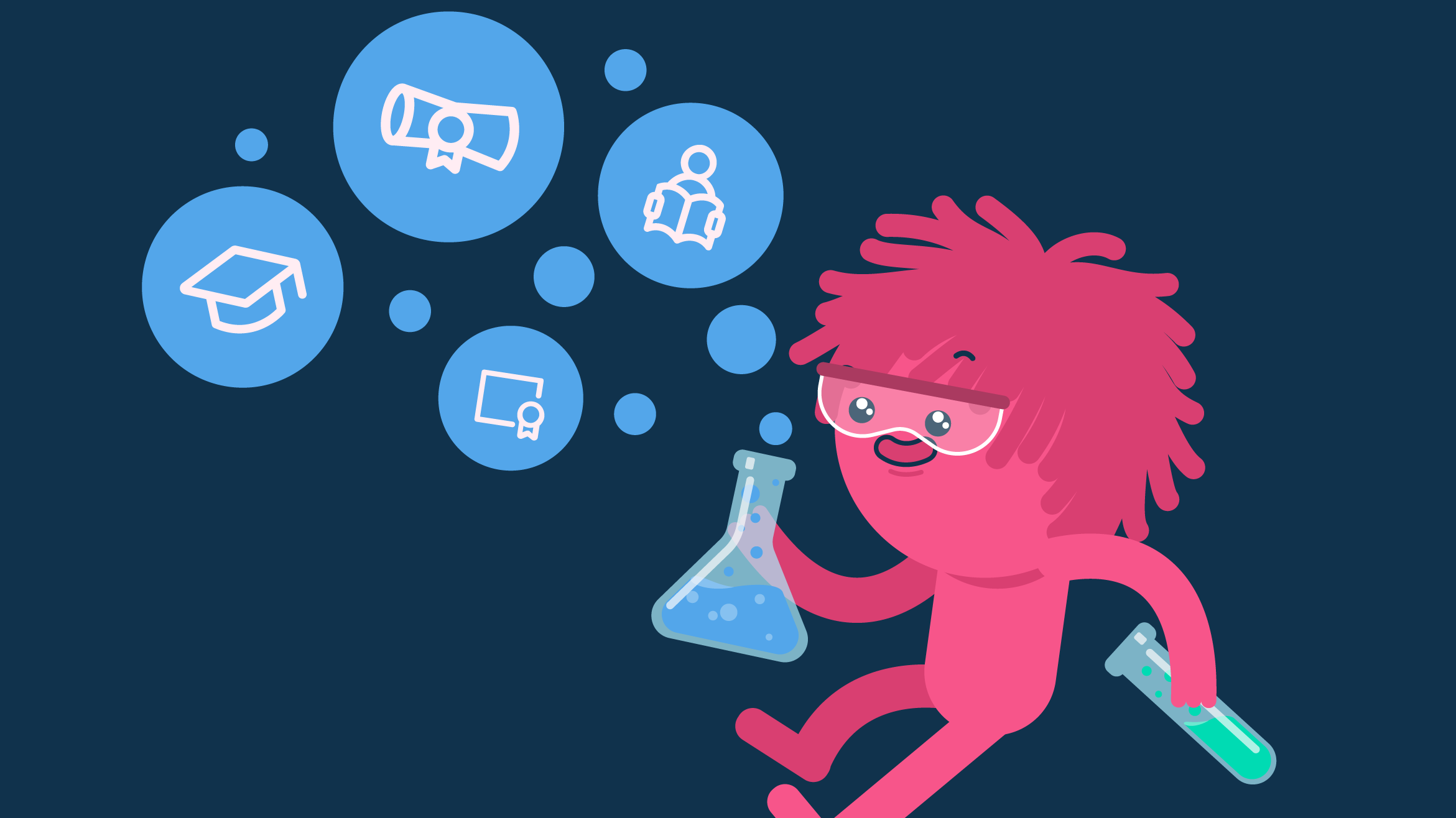Dartmouth College Stats
-
Established
1769
-
Ranked
69 # Best University
-
Acceptance Rate
6%
-
Average Cost
$17,322.00

Agricultural and Biological Sciences at Dartmouth College Course Introduction
Dartmouth College, founded in 1769, offers a comprehensive program in Agricultural and Biological Sciences that emphasizes critical thinking and creativity. The curriculum is designed to foster experimentation and reflection, preparing students for leadership roles in the field. Faculty members are recognized for their expertise and commitment to research, providing students with opportunities to engage in innovative projects. Resources available to students include state-of-the-art laboratories and access to ongoing research initiatives. The program encourages collaboration and interdisciplinary study, ensuring that graduates are well-equipped to address contemporary challenges in agricultural and biological sciences.
Dartmouth College Admission Requirements
-
ACT Math
34
-
SAT Math
780
-
ACT English
35
-
ACT Composite
34
-
SAT Evidence-Based Reading and Writing
760
Dartmouth College Financial Aid & Scholarships
Dartmouth College is committed to making education affordable for all students by meeting 100% of demonstrated financial need. The college offers a need-blind admissions policy for all applicants, including international students, ensuring that financial circumstances do not impact admission decisions. Dartmouth provides a combination of grants, scholarships, work-study opportunities, and loans to support students. The average scholarship for students receiving aid is approximately $53,000 per year, and families with incomes below $125,000 typically receive free tuition. Dartmouth's financial aid packages are designed to minimize student debt, with no-loan policies for families earning under $65,000 annually.

Finding the Perfect Internship: Get Hired with These Top Tips

Scholarship Application: The ABCs of Writing a Scholarship Essay
What students say about Dartmouth College
"Dartmouth's D-Plan offers incredible flexibility, and the tight-knit community fosters genuine connections. The rural setting is both beautiful and isolating."
"The focus on undergraduate education is evident, with accessible professors and strong advising. Social life can feel dominated by Greek life."
"Loved the emphasis on outdoor activities and the alumni network. Academics are rigorous, but sometimes lacking in diversity of perspectives."
Degree Programs
Helpful articles on choosing a university

Business University: Ranking The Best Business Universities of 2024

An Everlasting Bond: Find the Right Chemistry University!
Interested in studying Agricultural and Biological Sciences at Dartmouth College at Dartmouth College?
Get exclusive updates on admissions, scholarships, and career opportunities. Register your interest today and let us help you navigate your path to success.
FAQs
The admission requirements for the Agricultural and Biological Sciences program include a completed application form, high school transcripts, standardized test scores (if applicable), letters of recommendation, and a personal statement.
To apply for the Agricultural and Biological Sciences program at Dartmouth College, you need to complete the Common Application or the Coalition Application and submit all required documents through the application portal.
Application deadlines vary by admission cycle. Please check the official Dartmouth College website for the most current deadlines.
You need to submit your high school transcripts, standardized test scores (if required), letters of recommendation, a personal statement, and any additional materials specified by the program.
Standardized test scores are considered as part of the holistic review process, but their importance may vary. Check the latest admissions policy on the Dartmouth website for specific details.
The average GPA of admitted students typically falls around 3.7 on a 4.0 scale, but this can vary. For the most accurate information, refer to the admissions statistics on the Dartmouth website.
For more information about the program, you can contact the admissions office or the department directly through the contact information provided on the Dartmouth College website.
To improve your chances of acceptance, focus on maintaining a strong GPA, engaging in relevant extracurricular activities, obtaining strong letters of recommendation, and crafting a compelling personal statement.
The interview process may vary, but it typically involves a conversation with an admissions officer or faculty member to discuss your interests and fit for the program. Check the Dartmouth website for specific details.
Information about financial aid and scholarships can be found on the Dartmouth College financial aid office's webpage. They provide resources and guidance for prospective students.





